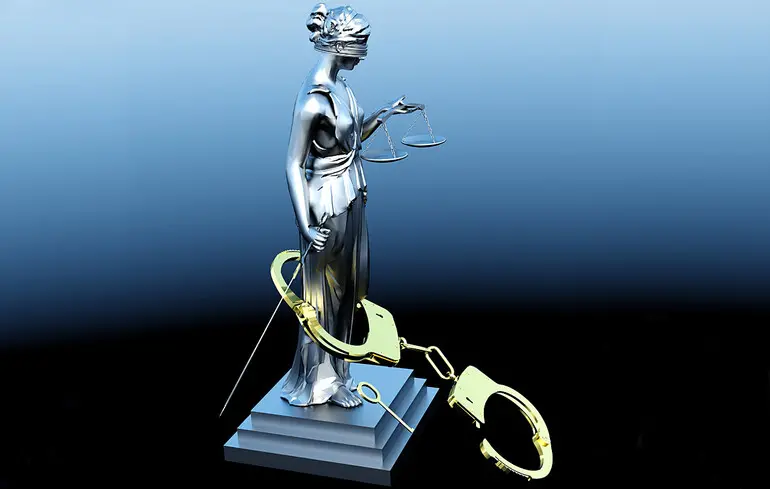The Dual Reality of Law Enforcement Reforms in Ukraine: Simulation and Substantive Changes

In Ukraine today, there exists a stark contradiction in the process of reforming the law enforcement system.
On one hand, official efforts are underway to align with European standards and fulfill commitments related to European integration.
On the other hand, tangible actions often remain superficial, creating a facade that stalls progress in this crucial sector.
Legal expert Yevhen Krapivin in his article analyzes this dichotomy, highlighting the significant discrepancies between promises and reality.According to him, at the strategic level—such as the Roadmap on the Rule of Law—Ukraine demonstrates a clear intent to modernize its law enforcement agencies.
Proposed reforms include appointing police leadership based on competitive results and enhancing internal control mechanisms through typical ethics codes and regular evaluations audited systematically.
The government is also working on legislation that would define and unify the status of law enforcement bodies, facilitating reforms and clarifying their roles.However, simultaneously, within the internal-political landscape, the situation appears quite different.
The country observes an increasing practice of illegal searches without court orders by the State Bureau of Investigations, alongside persistent complaints from attorneys and human rights activists about these agencies’ ineffectiveness.
Additionally, issues such as corruption, abuse, and war crimes are undermining the country’s defense capability.The situation is further complicated by pressure from security services, including the use of connections with Russia and political prosecutions of activists and retirees who express their views on social networks.
The National Police attempts to make legislative proposals regarding competitive procedures merely formal, reducing transparency and complicating staff recruitment processes.
Hope for genuine reform is shattered by persistent unhealthy practices and entrenched political influence.European and Ukrainian experts agree that the main barrier to reforming law enforcement agencies is systemic, not anchored in individual leaders.
Replacing one person without deeper systemic changes is unlikely to produce meaningful results.
It is crucial to focus on addressing root problems rather than superficial measures to truly advance towards European standards and restore public trust in the system.

